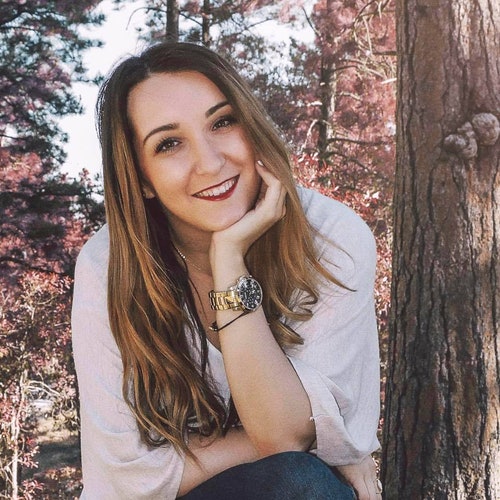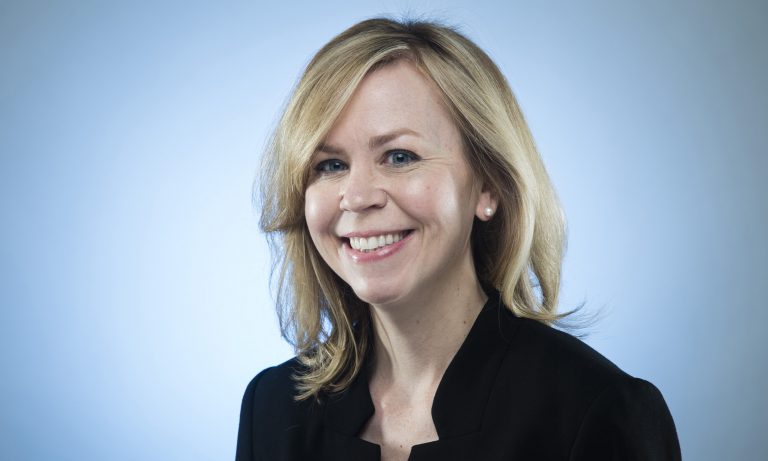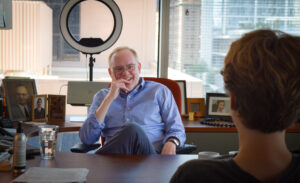Harriet Ryan is a Bronze Award Winner of the Barlett & Steele Award for Investigative Journalism. Ryan is an investigative reporter for the Los Angeles Times and a graduate of Columbia University. While working at the Times, she has written about people and institutions such as Michael Jackson and the Catholic Church.
If you could go back in time and give yourself a piece of advice at the start of your career, what would it be?
It’s so important to be consistent but there’s so much you can get even if no one cooperates with you and that’s comforting to me as somebody who doesn’t like to door-knock people and confront people. I do it because it’s part of the job but it’s not something I relish. The stake-outs. I do relish the document searches and figure out what new archives I can get and pouring through old court cases and things like that and maybe you’re one person or the other, maybe you’re the person who likes being on a doorstep for three hours and maybe you’re the person who likes sinking into a thousand pages of legal filings but you have to be both of them.”
Why do you think investigative reporting is important?
The more you spend in reporting, the more time you spend on it, the more you want to do investigative reporting. You actually wanna know the truth, you don’t wanna know what the publicist says the truth is, you don’t wanna know what some politican’s telling you, you want to know what actually happened. That’s what investigative reporting.
[If you’re a reporter] you’re ultimately going to be an investigative reporter because you wanna know the truth. You can see why it’s important by looking at the other people in this contest who won. Stuff like this is going on all over the place all the time and there aren’t enough of us to do the work and it’s scary. Unfortunately, people will lie if they can get away with it.
What does the ah-ha moment look like in real life?
I think you’re right that movies get it wrong and if they’re gonna do a movie about an investigative reporter, it’d be like someone making phone calls that were never returned and reading stacks of papers, it’d be super boring. I think the most emotional gasp moment were, for me, people who were addicted to the drug we wrote about, Oxycontin, and hearing like the granular minute ways that it destroyed their lives and their communities. And I carried that in my head and then going back to reading the memos written by lawyers wearing suits in nice offices and being like you must reconcile with what your decisions did to these people. And we’re gonna have the ability to pout this terrible dirty abuse problem, addiction, right next to the, you know, upstanding people of the drug company and say what do you have to say about it? Without us, I don’t think they would’ve ever had to do that.
What is the role of objectivity in journalism?
I think you have to be in the tank for the truth. I think you have to be an advocate for the truth but that’s all you’re an advocate for ‘cause I mean even though you’re young, you’re old enough to know that everyone lies and everyone spins so like why would you align yourself with one person because they’re gonna let you down but just I feel like that you know you have to channel the anger you feel into getting the truth out there again and again and again. If you’re in it just to win it, you’re not really in it. This is my role and I’m just gonna keep doing it. You have to be aware of the bigger picture. I know people are really discouraged with what they see as the lack of impact of the election reporting but I don’t think that’s accurate.











